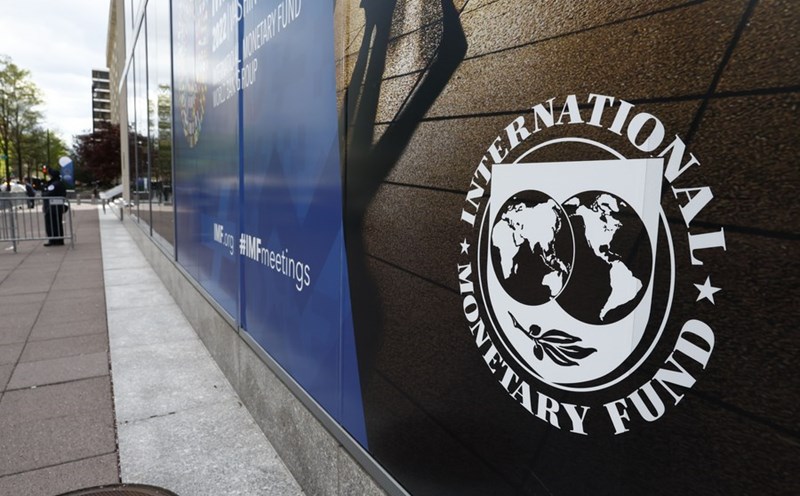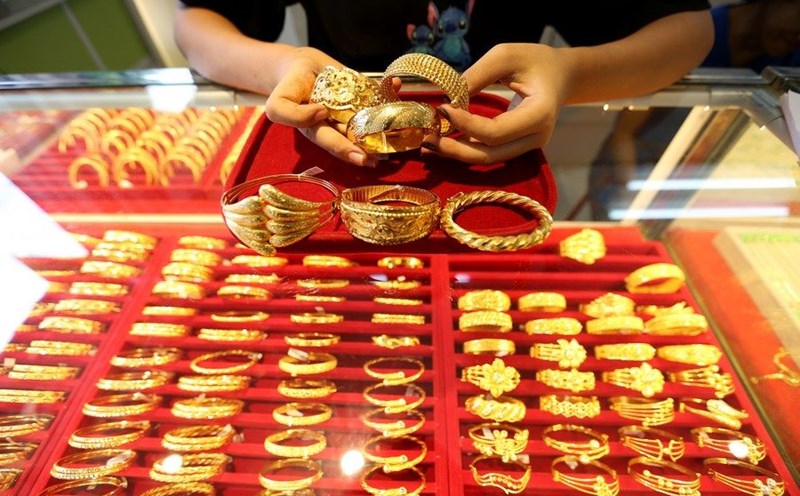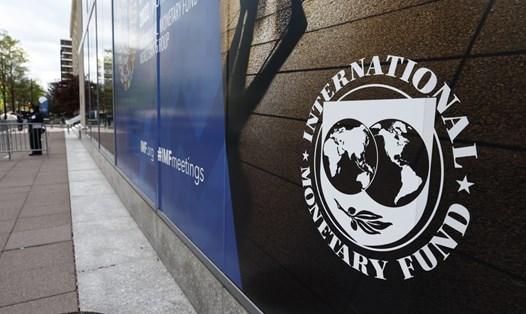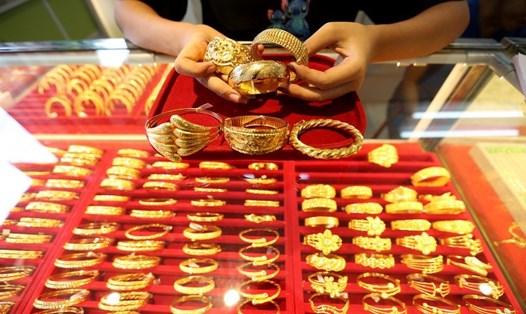The US dollar rose for a fourth consecutive week as a series of positive economic data tempered expectations about the size and pace of interest rate cuts by the US Federal Reserve (Fed), Reuters reported.
The U.S. Commerce Department said orders for non-defense capital goods excluding aircraft rose 0.5 percent in September after rising 0.3 percent in August and above the 0.1 percent increase expected by economists polled by Reuters.
A separate report from the University of Michigan showed consumer sentiment rose to 70.5 in October from 70.1, beating estimates of 69.0, while the one-year inflation outlook fell to 2.7% from a preliminary reading of 2.9%, in line with September's final reading.
Investors are focusing on the government’s October payrolls report due next week, which could be affected by a Boeing strike and two hurricanes hitting the southeastern United States.
"We've had a big adjustment in economic expectations for the US and that process seems to be running its course, the Fed's policy trajectory looks much more reasonable and the interest rate differential between the US and other major economies is stabilizing," said Karl Schamotta, market strategist at Corpay in Toronto.
The dollar index, which measures the greenback against a basket of currencies, rose 0.18% to 104.24 and was up 0.74% for the week. Meanwhile, the euro fell 0.22% to $1.0803.
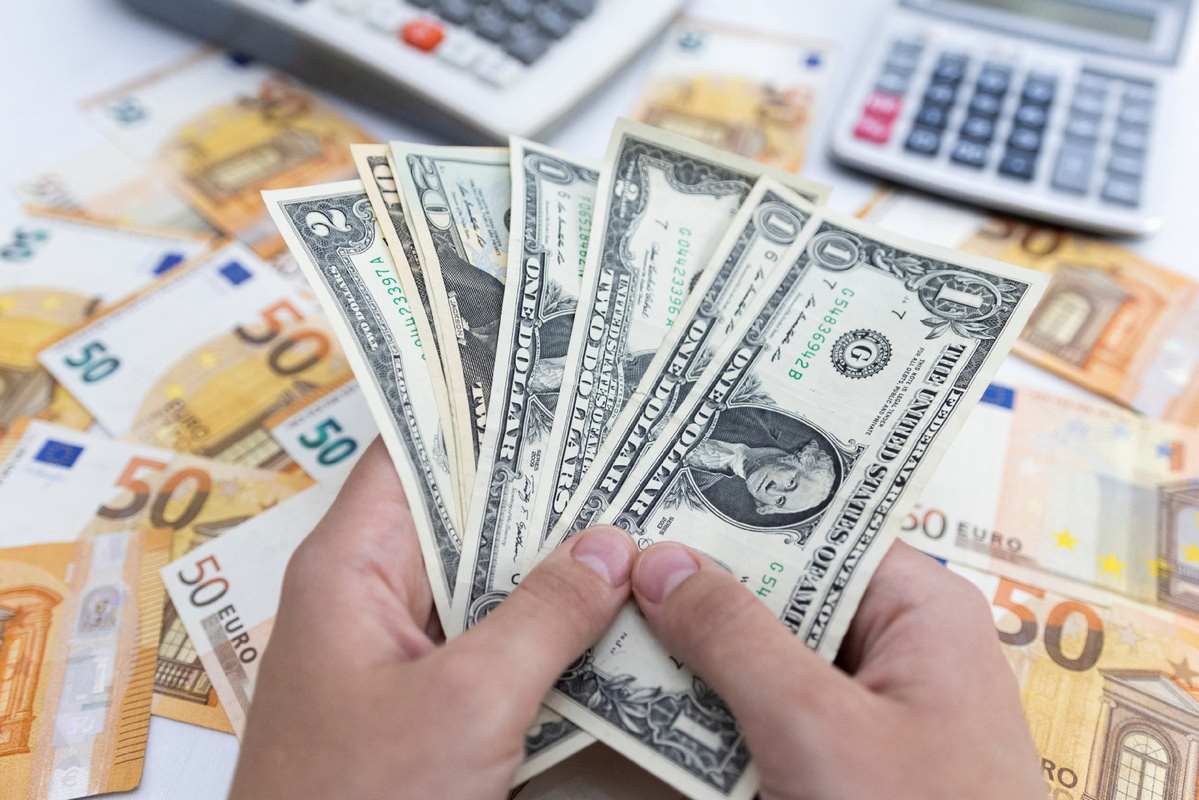
In Europe, a survey on October 25 of German business sentiment showed confidence improved more than expected this month, ending four consecutive months of decline, offering hope of positive signals from Europe's largest economy.
European Central Bank (ECB) President Christine Lagarde said eurozone inflation was "on track" to hit the ECB's 2% target next year.
The ECB will continue to cut interest rates and its 3.25% deposit rate remains "quite far" from neutral, Bank of France chief Francois Villeroy de Galhau said.
The dollar has also benefited from market expectations of a victory next month by Republican candidate and former US President Donald Trump - which could potentially lead to inflationary policies such as tariffs.
Against the Japanese yen, the dollar rose 0.26% to 152.21. The British pound fell 0.02% to 1.2969 USD.
Japanese voters are heading to the polls in a general election on October 27, with opinion surveys suggesting the ruling Liberal Democratic Party (LDP) is likely to lose its decade-long dominance, potentially complicating the Bank of Japan’s (BOJ) monetary policy plans.
The BOJ is due to meet next week and is expected to maintain ultra-low interest rates, while also likely to deliver a less dovish policy outlook as fears of a US recession ease - and the need to stop speculators from pushing the yen down too much.
On the morning of October 26, the central exchange rate of the Vietnamese Dong to the USD at the State Bank was announced at 24,255 VND/USD, down 5 VND. Currently, the exchange rate allowed for transactions by commercial banks fluctuates from 23,400 - 25,450 VND/USD.


